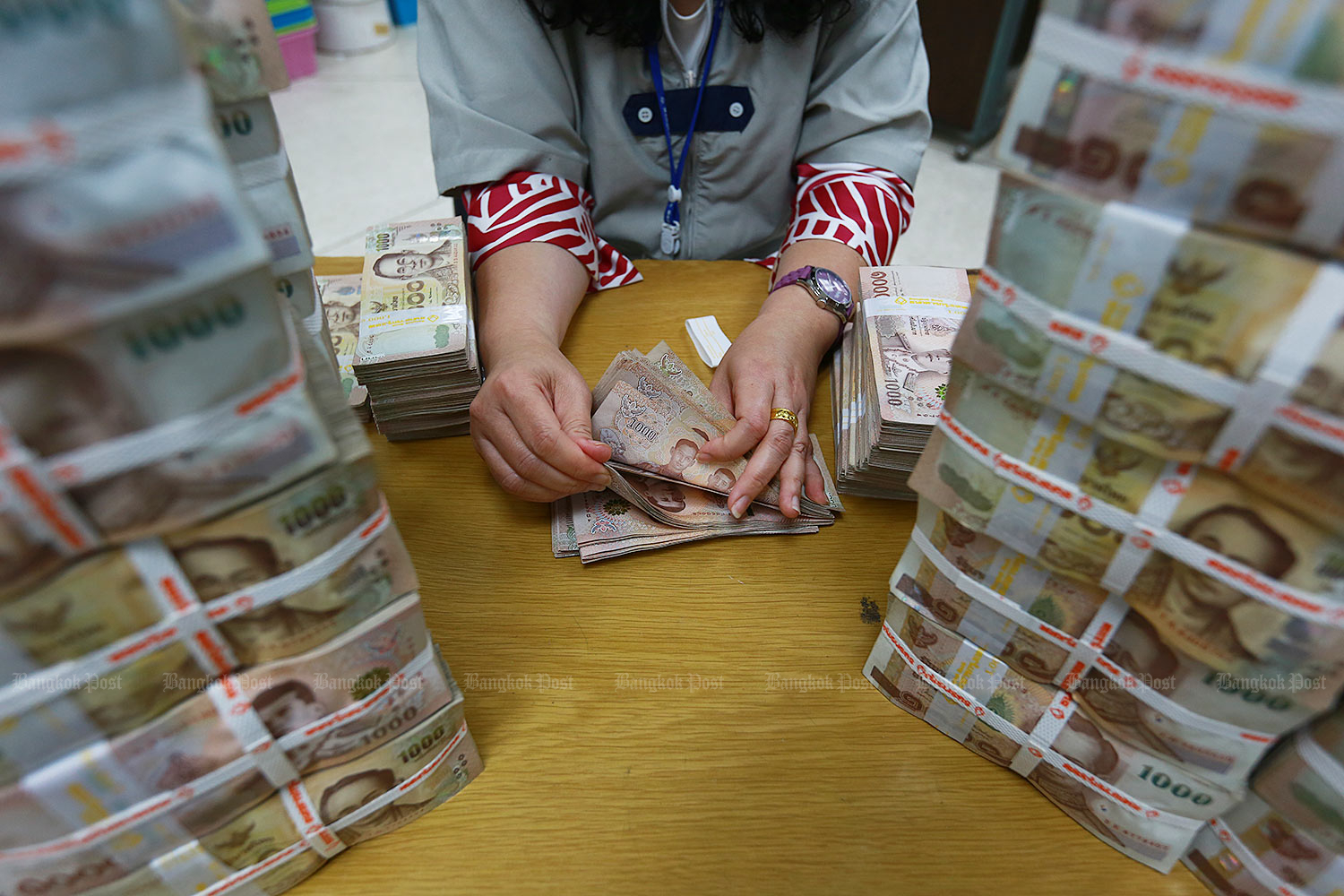
Thailand not only needs to quickly establish a new government but also set new policies to cope with sluggish exports after the value of shipments to Asean, the largest export market, fell by 7.4% to US$28 billion, says the Federation of Thai Industries (FTI).
The decrease was based on shipping records between January and May.
The business sector is worried about the situation and wants the incoming government to find new markets with strong potential to purchase Thai products, said Montri Mahaplerkpong, vice-chairman of the FTI.
"This situation will have a significant impact on the manufacturing sector and economic growth," he said.
Exports to Asean account for 24% of total exports, followed by the US (10%), Europe (10%) and Japan (10%).
"We are closely monitoring the situation because the Asean market plays a key role in supporting Thailand's economic growth," said Mr Montri.
The FTI expects to see the new government established within this month. Businesses want to discuss exports and other economic issues with the new government to seek help and jointly solve the problems, he said.
Mr Montri expressed concern after members of parliament were still unable to select a new prime minister, more than two months after the May 14 general election.
It is still not known whether tomorrow's parliamentary session will successfully vote for the new premier.
The Commerce Ministry reported earlier that the value of customs-cleared exports dipped for an eighth consecutive month in May, falling by 4.6% to $24.3 billion.
Dim economic prospects in the second half of this year caused the Joint Standing Committee on Commerce, Industry and Banking (JSCCIB) to cut its export growth forecast to -2% this year, down from -1%.
The committee's best-case scenario for exports is zero growth.
The latest projection, which was announced last month, was based on the global economic slowdown and estimates for China's growth to decrease to 5.4-5.5%, down from the previous estimate of 6%, as well as rising interest rates, according to the JSCCIB.
The economy should not further deteriorate due to political problems, which would otherwise affect foreign investment, said Mr Montri.


